Discover practical ways to stay safe and prevent falls with these simple but effective tips for seniors.
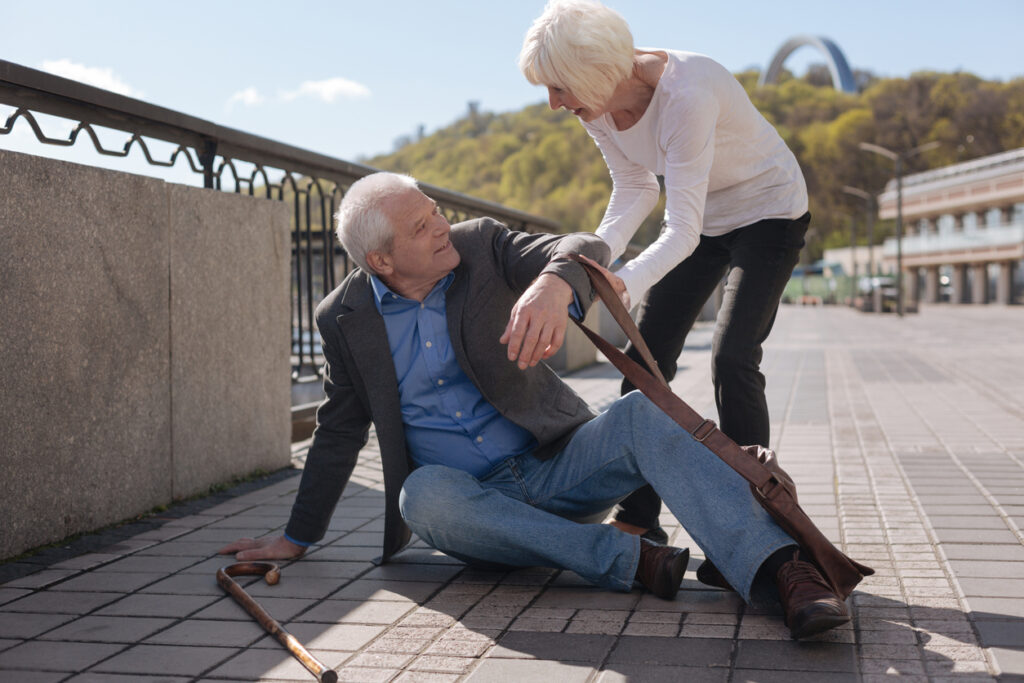
Don’t let the fear of falling keep you from staying active and enjoying life. As we grow older, it’s natural for balance and coordination to become more challenging, making us feel a bit more cautious with each step. But that doesn’t mean we’re destined to sit on the sidelines. With the right steps and a bit of intention, you can continue living fully without constantly worrying about taking a spill.
Staying safe isn’t about restriction—it’s about empowerment. You deserve to move through your world with confidence, so here are 10 practical and proven tips to help you reduce your risk of falling and maintain your independence.
1. Stay Physically Active
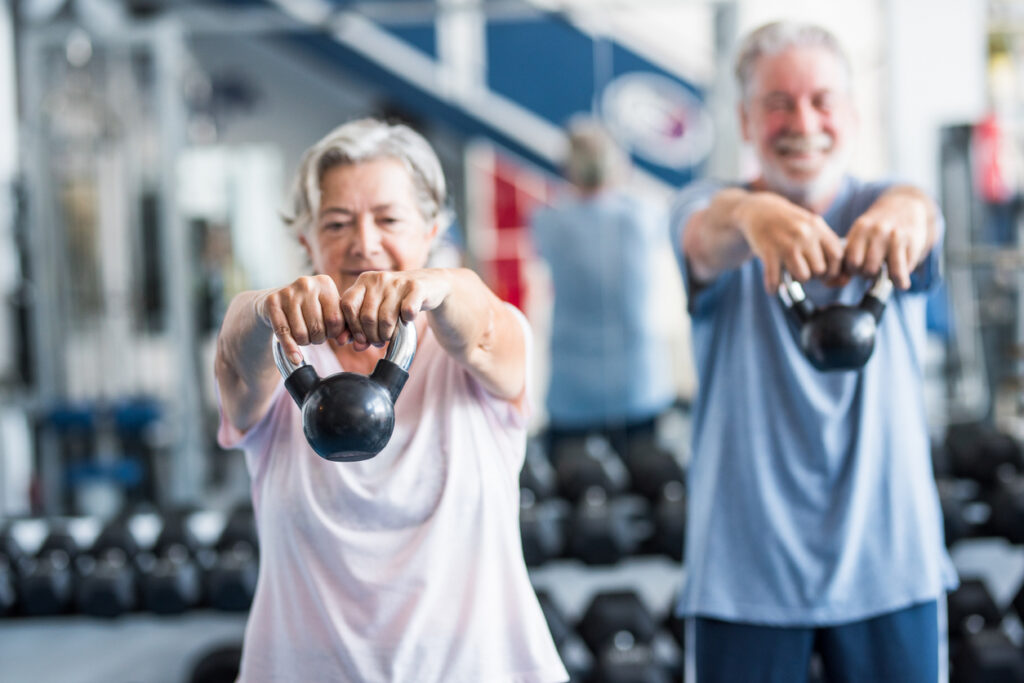
Staying physically active isn’t just about keeping your body in shape—it’s one of the most effective ways to protect yourself from falls, experts at Harvard Health Publishing reported. Exercise helps build stronger muscles, improve joint flexibility, and enhance coordination. Low-impact activities like walking, swimming, and even light strength training can do wonders for your ability to stay steady on your feet. Over time, your reflexes sharpen and your body becomes more responsive, making it easier to catch yourself if you stumble.
Incorporating balance-focused exercises is especially important. Tai Chi, yoga, and simple balance drills can strengthen your core, improve posture, and enhance your awareness of how your body moves. You don’t need to join a gym—many of these activities can be done at home. Even short daily routines can dramatically reduce your risk of falling by making you more stable and confident in your movements.
2. Wear Supportive Shoes
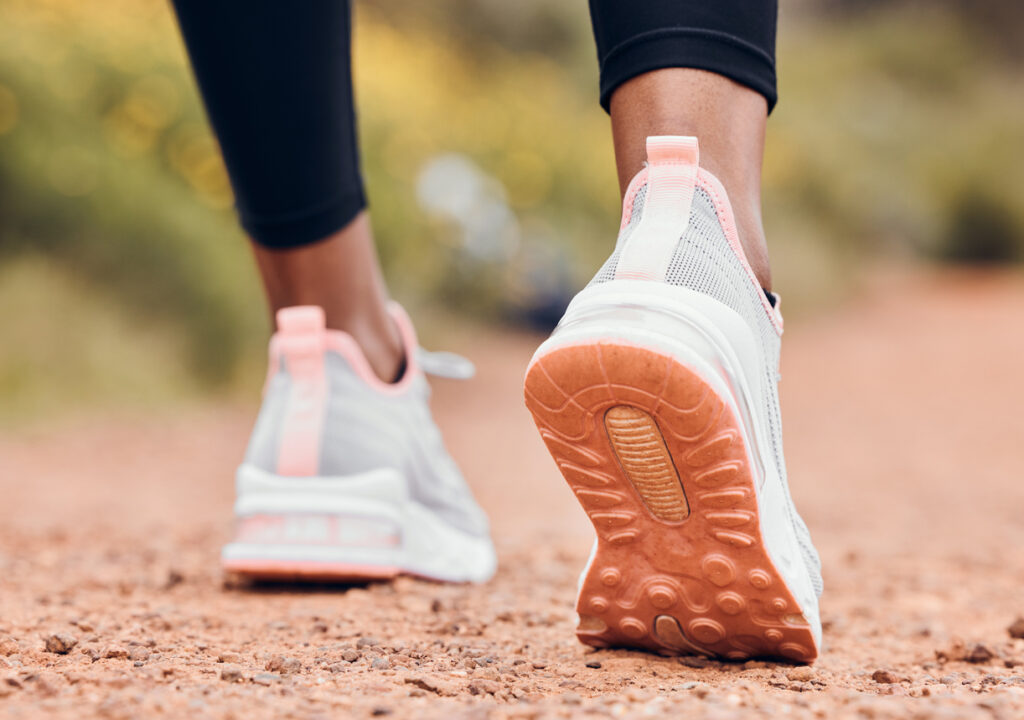
Footwear is often an overlooked factor in fall prevention, but it makes a huge difference in your daily safety, as shared by experts at the National Institute on Aging. Shoes that don’t fit properly, lack support, or have slick soles can increase your risk of slipping, tripping, or losing your balance. Instead, opt for shoes that are well-cushioned, fit snugly without being tight, and offer non-slip soles for better traction on a variety of surfaces. Your feet are your foundation—treat them with care.
Also, it’s important to inspect your shoes regularly. Even a high-quality pair can wear out over time, losing the support and grip that make them safe. Avoid walking around in socks or flimsy slippers, especially on hardwood or tile floors. Making supportive footwear part of your daily habit not only helps prevent falls but also reduces fatigue and joint discomfort, keeping you more active and mobile throughout the day.
3. Remove Trip Hazards at Home
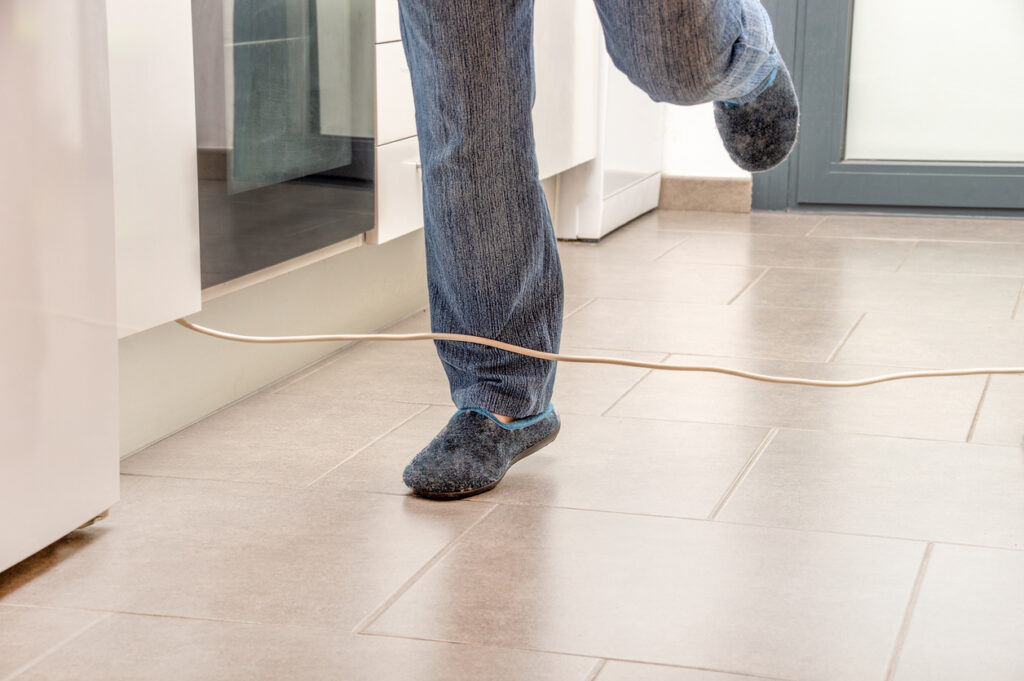
Your home should be your safest space, not a place full of hidden tripping hazards. It’s amazing how small changes—like removing a throw rug or securing a loose cord—can drastically reduce your chances of falling. Walk through your home with a fresh perspective and identify anything that might cause you to trip, such as low furniture, cluttered walkways, or uneven thresholds, according to experts at Mayo Clinic.
Don’t stop at floor hazards. Look at the areas where support might be needed, like stairs or the bathroom. Installing handrails, grab bars, or even non-slip mats in these high-risk spots can add a layer of security. Making your home fall-proof doesn’t have to mean remodeling—it’s about being intentional with your space so you can move through it safely and confidently every day.
4. Improve Lighting
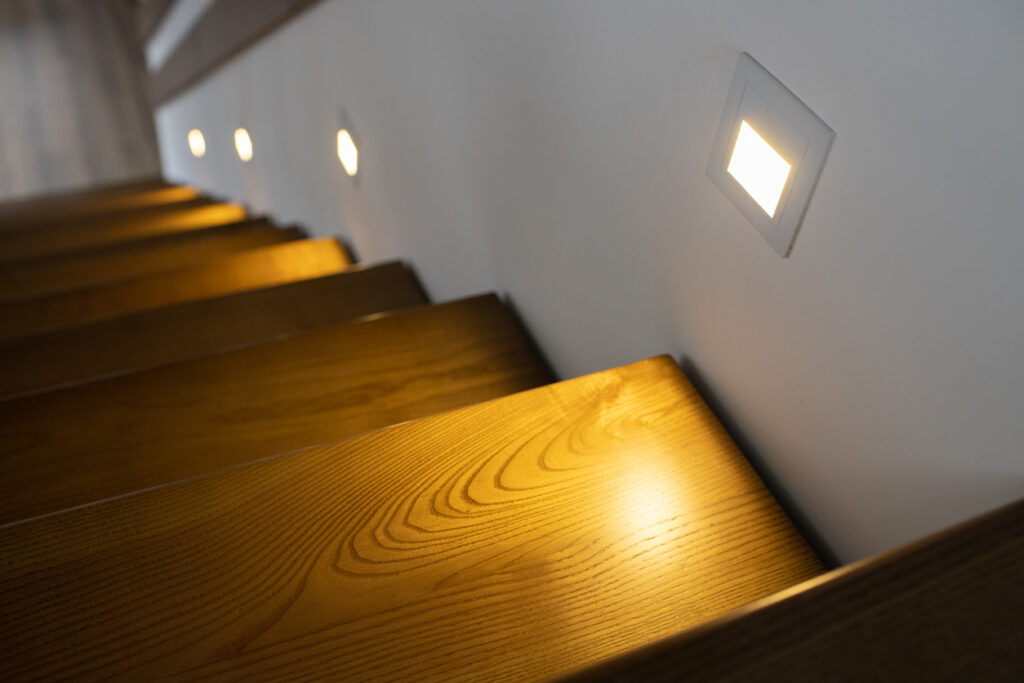
Good lighting is essential for spotting obstacles and navigating your home safely, especially in the evening or early morning hours. Shadows and dim corners can make even familiar surroundings dangerous. Make sure every room in your home is well-lit, particularly key areas like staircases, entryways, and bathrooms. Swap out old bulbs for brighter, energy-efficient ones that improve visibility.
Nightlights can be lifesavers, especially in hallways and bathrooms where you may walk during the night. Also, consider installing motion-sensor lights or placing lamps in areas where you frequently sit or read. The easier it is to see where you’re going, the less likely you are to trip or misjudge a step. Investing in proper lighting is a small effort with a big payoff in safety.
5. Get Regular Vision and Hearing Checks
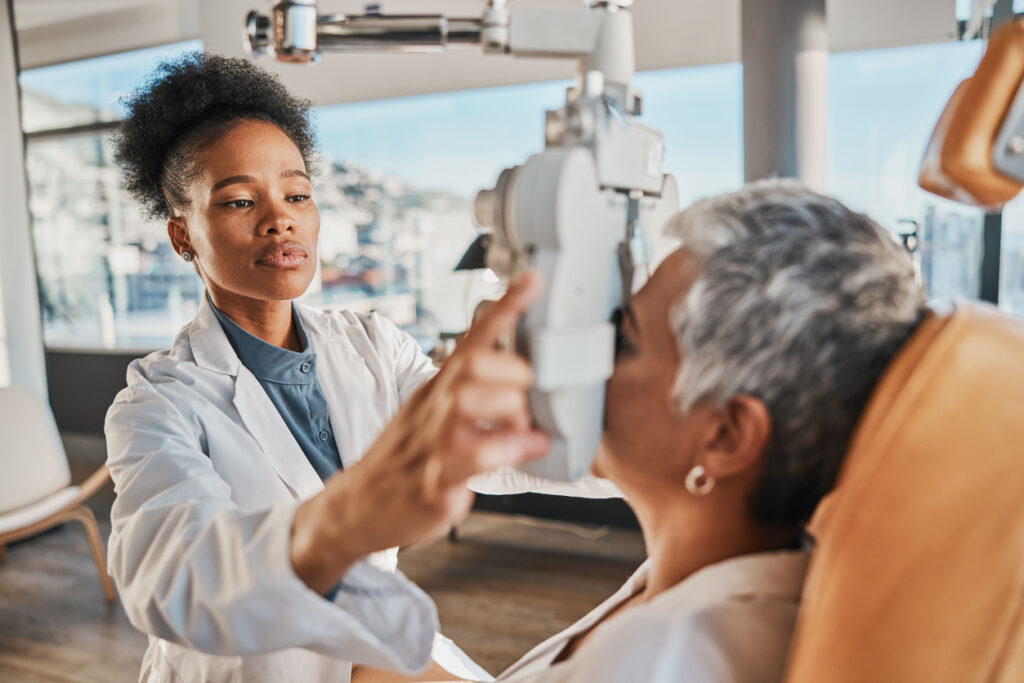
Our senses play a vital role in maintaining balance and staying aware of our surroundings. Diminished eyesight or hearing can cause you to misjudge steps, miss warning cues, or feel disoriented. Scheduling regular eye exams ensures you’re using the correct prescription lenses and catching vision issues early, such as glaucoma or cataracts, which can sneak up over time.
Hearing is just as critical. A decline in hearing can affect your sense of spatial orientation and make it harder to react to sudden noises or movement around you. Hearing tests are easy to schedule, and modern hearing aids are more comfortable and discreet than ever. Keeping both your vision and hearing sharp helps you stay alert and confidently aware of what’s happening around you.
6. Be Mindful of Medications
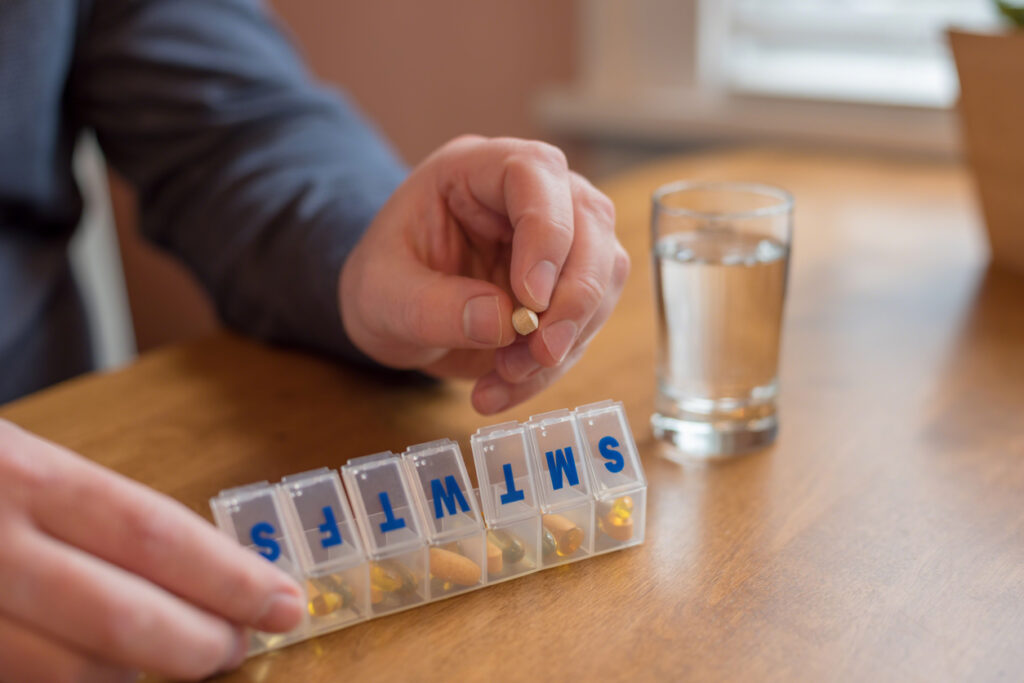
Many seniors take multiple medications, and some of these can have side effects like dizziness, fatigue, or low blood pressure—each of which can increase your risk of falling. Regularly reviewing your medication list with your doctor or pharmacist helps identify any drugs that could be contributing to balance problems. Even over-the-counter medications can have hidden side effects when combined with others.
If you start a new medication and feel a bit off, don’t ignore it. Report any symptoms right away. There may be safer alternatives or simple dosage adjustments that make a big difference. Taking control of your medication routine gives you more confidence and ensures you aren’t unknowingly putting yourself at risk every time you stand up or move around.
7. Stand Up Slowly

Sudden changes in posture, like jumping out of bed or rising quickly from a chair, can cause a drop in blood pressure, leading to dizziness or even fainting. These moments are prime opportunities for a fall. Make it a habit to pause before standing, take a deep breath, and rise gradually to give your body time to adjust.
If you often feel unsteady when getting up, keep a sturdy chair or cane nearby to provide extra support. Give yourself the grace to move at your own pace. It’s not about being slow—it’s about being safe. Your body needs a moment to catch up, and honoring that rhythm can help you avoid unnecessary risks in your daily routine.
8. Use Assistive Devices When Necessary
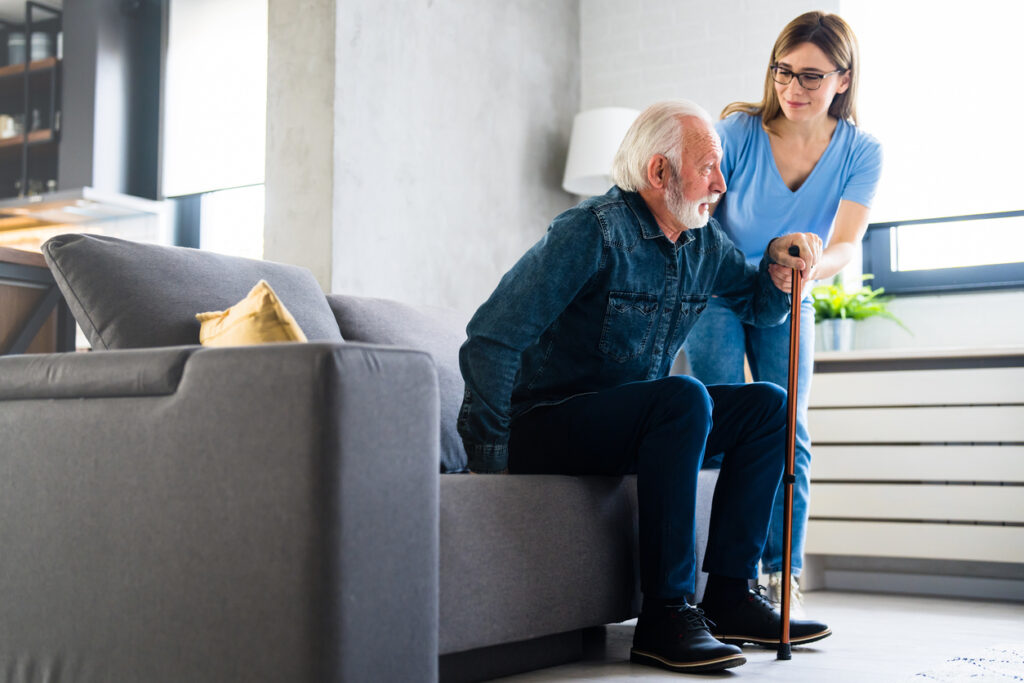
There’s no shame in using tools that help you stay independent. Canes, walkers, handrails, and even reachers for grabbing high or low objects can significantly enhance your safety. If your balance is off, or if you’ve already experienced a fall, these devices offer both physical support and emotional reassurance.
Make sure any assistive device you use is properly fitted to your height and body type. Consulting a physical therapist or occupational therapist can ensure you’re using it correctly and getting the most benefit. Even small tools like non-slip bath mats, shower chairs, or raised toilet seats can reduce risk without disrupting your lifestyle. These aids are here to help you stay active, not hold you back.
9. Stay Hydrated and Eat Well
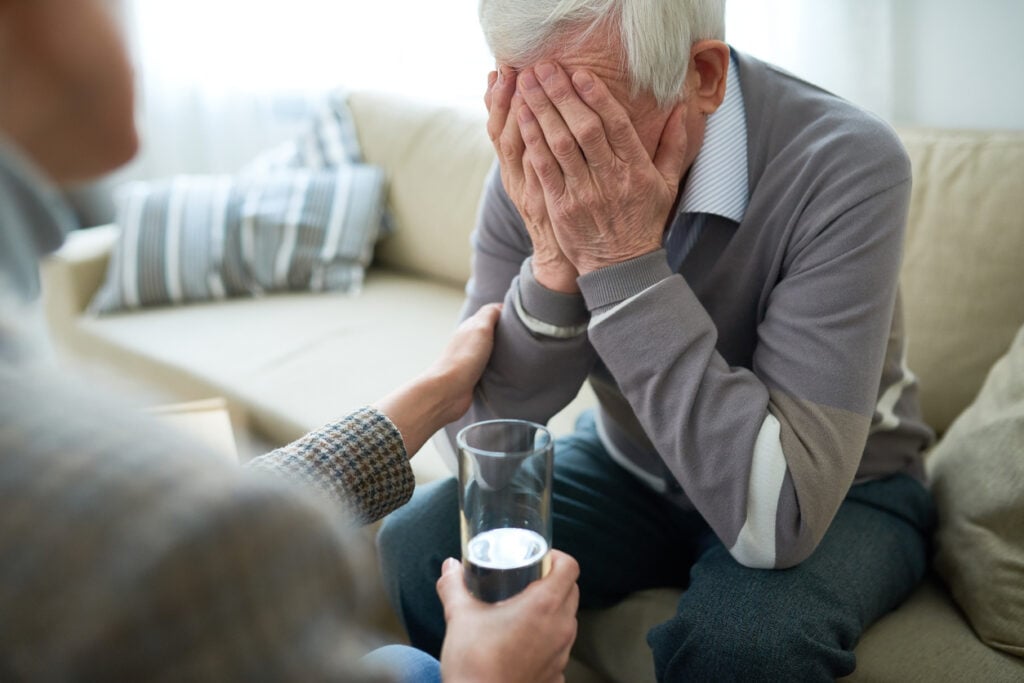
Nutrition and hydration are often underestimated in conversations about fall prevention, but they play a key role in keeping you upright. Dehydration can lead to dizziness, confusion, and fatigue, while poor nutrition weakens your muscles and bones over time. Aim to drink plenty of water throughout the day—even mild dehydration can throw off your balance.
Eating a balanced diet full of fresh fruits, vegetables, lean proteins, and calcium-rich foods supports stronger muscles and bones. Vitamins D and B12 are especially important for energy and bone health. If your appetite has decreased, try smaller meals more frequently or talk with a dietitian for personalized tips. Fueling your body well gives you the energy and strength to move safely and confidently.
10. Know How to Get Help After a Fall
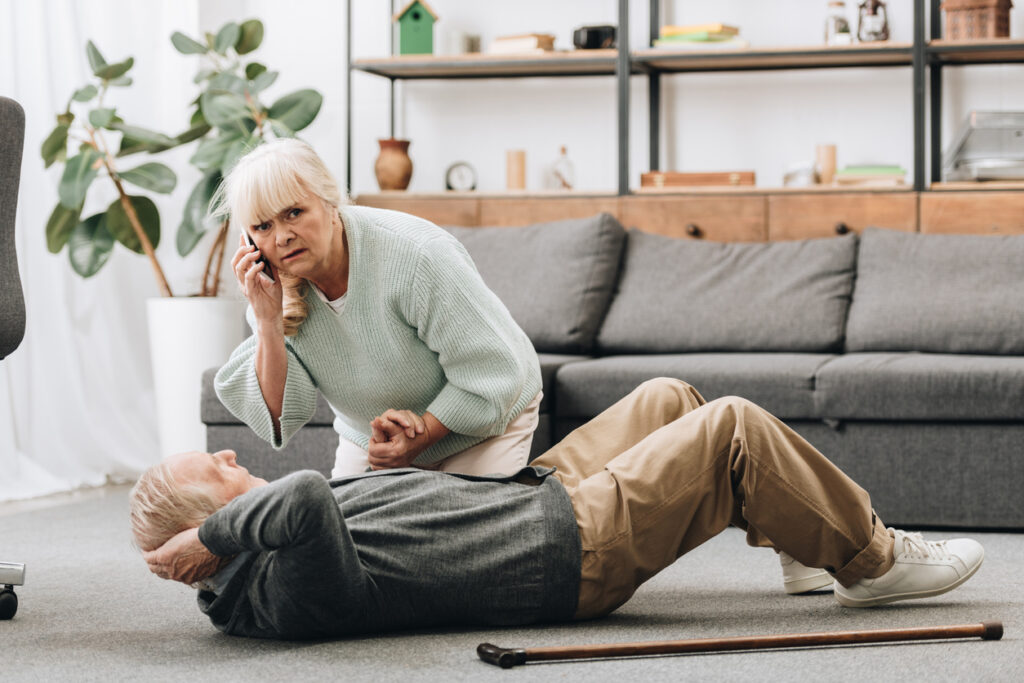
Even with the best prevention, falls can still happen, so it’s essential to have a plan in place. Carrying a cell phone, wearing an emergency alert device, or installing voice-activated assistants in your home can make sure help is always within reach. These tools are especially important if you live alone or have limited mobility.
Learn how to safely get up from a fall, or how to stay still and call for help if you’re injured. Practice scenarios with a friend or family member so you feel less panicked if something happens. Being prepared doesn’t mean expecting the worst—it means you’re smart, responsible, and ready to handle anything with calm and confidence.
